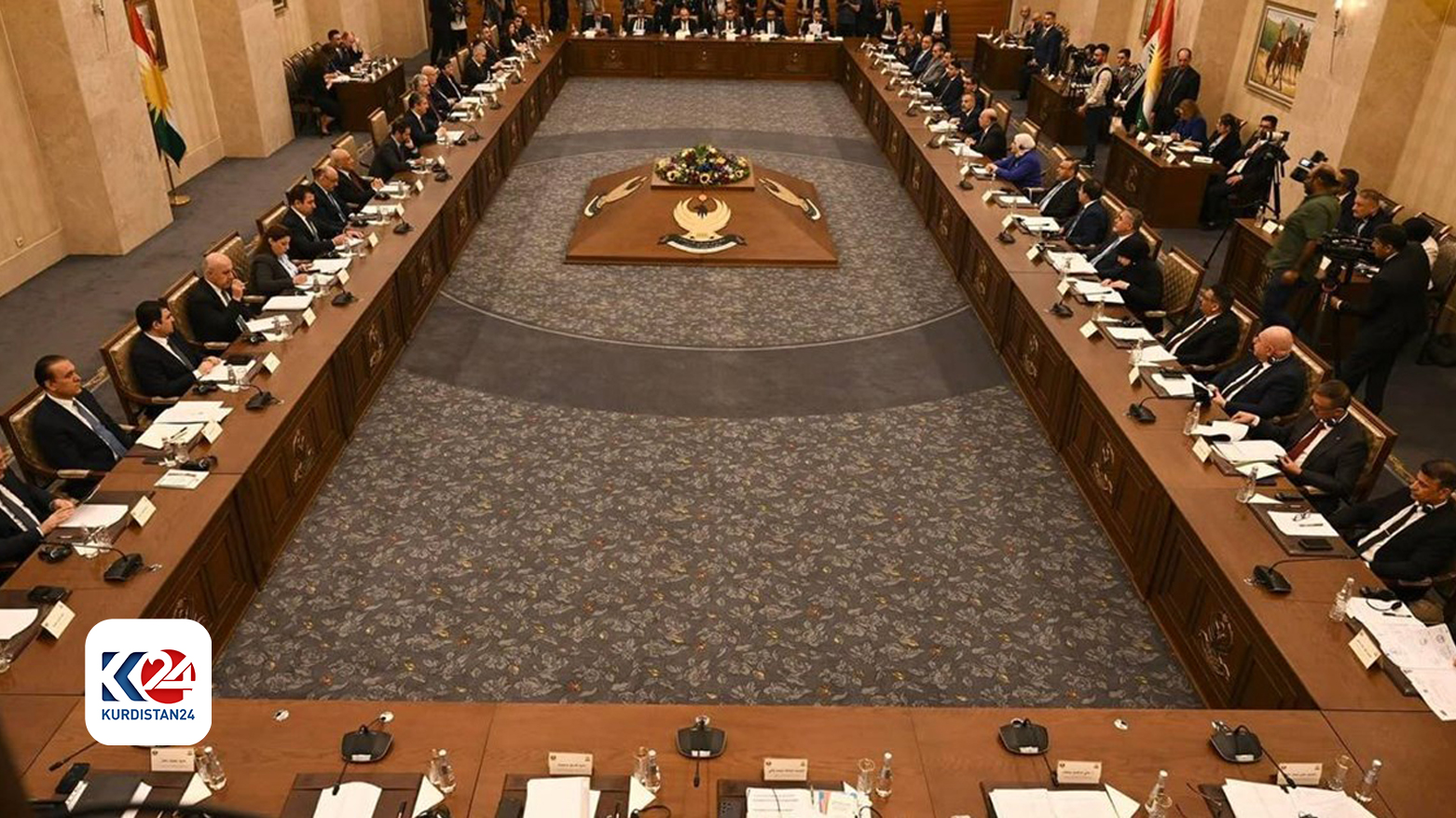Economic talks in Erbil signal positive outcomes for Kurdistan Region
The positive atmosphere surrounding the talks suggests a potential breakthrough in addressing long-standing economic disputes between the two governments, offering hope for improved financial stability and prosperity in the Kurdistan Region.

ERBIL (Kurdistan 24) - Sources within the Council of Ministers indicate that the ongoing meetings between the economic councils of Iraq and the Kurdistan Region are expected to yield "productive results" that benefit both salaried employees and the general public.
The discussions, which began on Sunday and are expected to continue for over eight hours on Monday, focus on key economic and financial matters impacting the Kurdistan Region.
These include the region's budget, border revenues, taxes, oil exports, checkpoints, company registration, and other critical issues.
"Sunday's meetings were positive, with a good understanding between both delegations on many issues," a source involved in the discussions told Kurdistan 24. "We anticipate signing several agreements on Monday."
The source expressed confidence that the meeting outcomes would serve the interests of employees, pensioners, and all citizens of the Kurdistan Region.
One of the central points of discussion on Sunday was the salaries of civil servants and security forces in the Kurdistan Region.
The Kurdistan Regional Government (KRG) delegation reportedly requested that the Iraqi Economic Council cover the total salaries for July, although an agreement on this matter has yet to be reached.
Both sides have affirmed their commitment to resolving outstanding issues based on the law and the constitution, especially those with financial and economic implications.
The Kurdistan Region's Economic Council, chaired by Prime Minister Masrour Barzani, includes Deputy Prime Minister Qubad Talabani, Minister of Trade and Industry Kamal Muslim, Chairman of the Kurdistan Board of Investment Mohammed Shukri, President of the Diwan of the Council of Ministers Umed Sabah Othman, and other key ministers and officials.
The Iraqi Economic Council, led by Deputy Prime Minister and Minister of Planning Fuad Hussein, consists of Deputy Prime Minister and Minister of Finance Muhammad Ali Tamim, Governor of the Central Bank of Iraq Ali al-Alaq, Iraqi Minister of Trade Athir Daoud Salman, and several other ministers.
The positive atmosphere surrounding the talks suggests a potential breakthrough in addressing long-standing economic disputes between the two governments, offering hope for improved financial stability and prosperity in the Kurdistan Region.